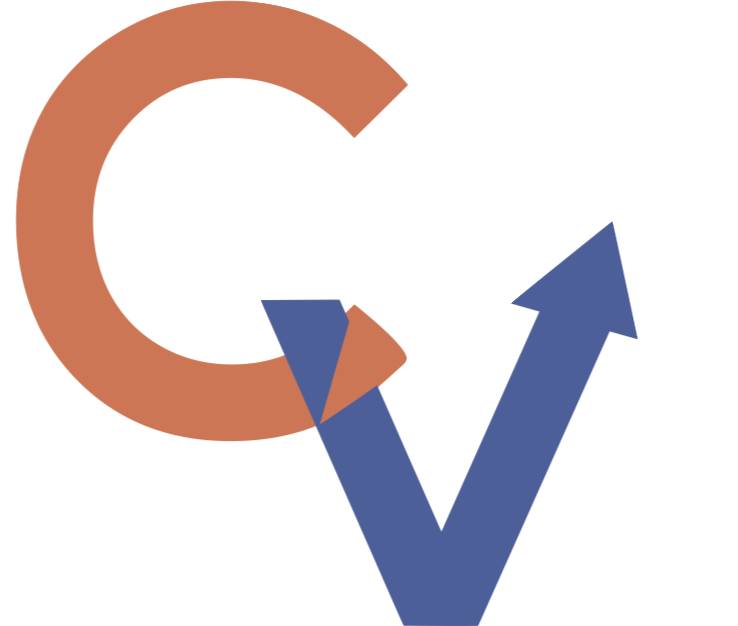Leadership of Tomorrow
So many changes are occurring - rapidly - in our workplaces. As a manager, it's critical to be aware of them and decide how you'll lead going forward. At the heart of all of it is building responsible practices and the big T: trust.
Quiet quitting
What is it? Quiet quitting refers to fulfilling the minimum requirements of one's job and putting in no more time, effort, or enthusiasm than absolutely necessary. That's not what you want in an employee, right? If it's happening among your staff, you'll want to explore why it's happening and if there are changes you can make to reverse it.
Quiet hiring
This is when employers give employees additional tasks so they can avoid the time and financial costs of hiring someone new. If you do this, you'll simultaneously burn out your people quickly and lower morale. You may need to take a close look at responsibilities and make some changes on your team, or reallocate financial resources as needed to expand.
Digital mindset
You don't need to be the technology or AI expert. BUT you need to be aware of the impacts of AI and other tools on your team and organization. How is your team using AI and other new technology tools? Determine how you can lead the way on AI in your organization versus being reactive and performing damage control.
Ethical issues
Due to the speed of AI development, you'll need to a create a code of ethics around technology use. At a basic level, you must do what you can to prevent staff from sharing personal data in these open tools. This can violate privacy laws, both for individuals and companies/clients. In addition, AI perpetuates stereotypes and minimize diverse viewpoints so you have to be aware of these biases as they pull data from the Internet. These models often provide misinformation.
Photo credit: Alysha Rosly
